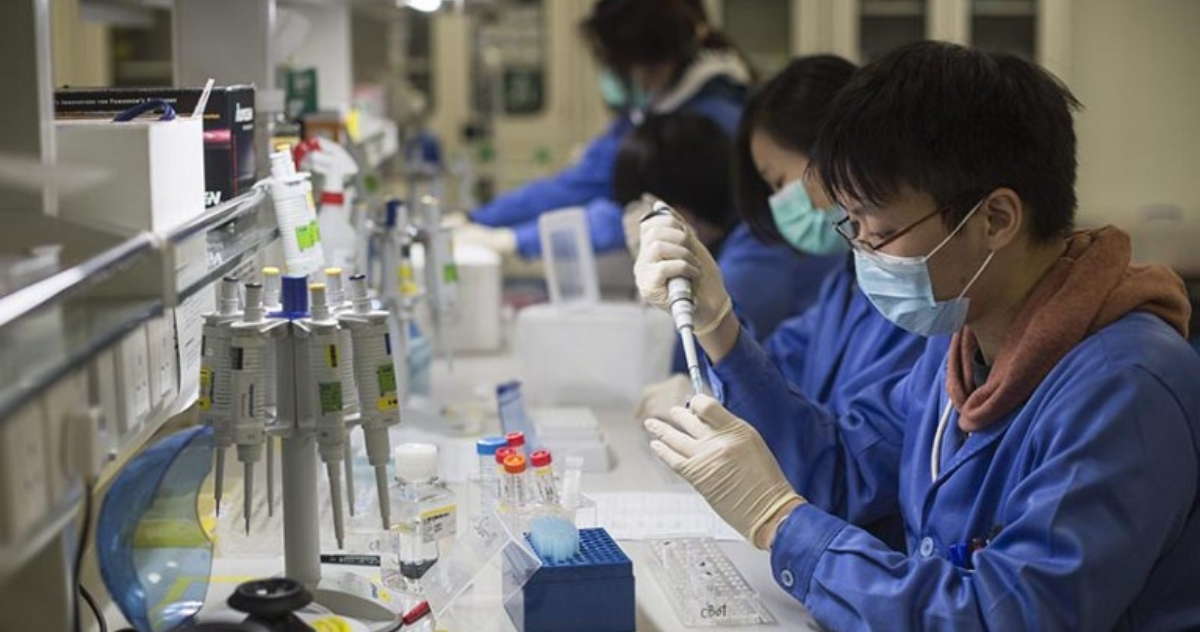UK (Parliament Politics Maganize) – UK Biobank has refuted allegations of sharing sensitive health data, originally intended for medical research, with insurance companies. This response comes in light of an investigation by The Observer, published on Sunday, November 12. As a prominent biomedical database, UK Biobank holds genetic and health information from approximately half a million volunteers in the UK, earning recognition as a success story in the field.
Recently, it was disclosed that Eric Schmidt, former CEO and chairman of Google, and Ken Griffin, CEO of Citadel, were among the first members of a consortium dedicated to expanding the utilization of UK Biobank’s extensive health data. The government’s matching of £16 million in funding, bringing the total to £25 million, aims to achieve an overall funding target of at least £50 million.
Biobank Supplies Insurance Companies with Database
The newspaper alleges that between 2020 and 2023, UK Biobank supplied insurance companies with data from its database on multiple occasions. In response, UK Biobank asserts that volunteers who shared their health information were clearly informed about the intended use of their data.
In a statement released on the same day as The Observer report, published on UK Biobank’s website, Professor Rory Collins, the principal investigator, and chief executive of UK Biobank, states, “The new article in The Observer portrays an extremely misleading account of what was actually communicated to UK Biobank participants when they were invited to join the study, and how UK Biobank considers applications for access to the de-identified data of participants (including to insurance companies).”
As per UK Biobank, all volunteers provided consent for the utilization of their de-identified data by approved researchers engaged in health-related research for the public interest. This encompassed researcher from various academic and commercial entities.
Contrarily, The Observer claims to possess evidence indicating that the company did not explicitly inform participants that their data might be shared with insurance companies, contradicting several public commitments made by UK Biobank against such practices.
Concerns Over How Data Would Be Used
The UK Biobank project was initially unveiled in 2002. In response to apprehensions about the potential discriminatory use of data by insurance companies, the company pledged that data would not be shared in such a manner. According to the report, until February 2006, the company’s website featured a statement in its FAQ section that explicitly declared: “Insurance companies will not be allowed access to any individual results nor will they be allowed access to anonymized data.”
UK Biobank contends that by the time of recruitment in 2007, the information had been revised, and the previous restriction no longer held. The organization asserts that all volunteers were provided with updated information, explicitly stating that anonymized data could be shared with private firms for ‘health-related’ research.
Despite attempts to contact UK Biobank, Digital Health has not received a reply at the time of this statement. This isn’t the first instance where concerns have been raised regarding data collection and its utilization. In May 2021, NHS Digital unveiled plans for a General Practice Data for Planning and Research (GPDPR) service.
The aim was to offer planners and researchers expedited access to pseudonymized patient information from general practitioners (GPs). However, following several delays, the implementation of the service was eventually halted until specific criteria were fulfilled.
Read More: UK Study Reveals a Deterioration in Mental Health Among Unpaid Caregivers
Data Sharing Facing Difficulty
The scrutiny of data-sharing comes at a time of evolving geopolitical relations, prompting analysts to express concerns about the difficulties in monitoring usage beyond UK borders and the absence of reciprocal data-sharing by China. UK Biobank maintains that researchers accessing its data are bound by agreements specifying permissible uses, and the utilization and outcomes are subject to regular monitoring.
However, the organization acknowledges that relationships rely on trust and deems it impractical to closely oversee all projects. Notably, some projects entail the transfer of data to China for endeavors conducted without UK collaboration.
Professor Jonathan Adams, affiliated with the Policy Institute at King’s College London and a co-author of a report scrutinizing UK-China research collaborations, has expressed concerns about the data-sharing, deeming it “problematic.”
He raised questions about how UK Biobank could effectively police and monitor the usage of the shared data in the context of collaborations with China. He said there were “huge potential returns from having a good, positive, open relationship” with China but that current relationships relied “far too much on things like formal agreement.

